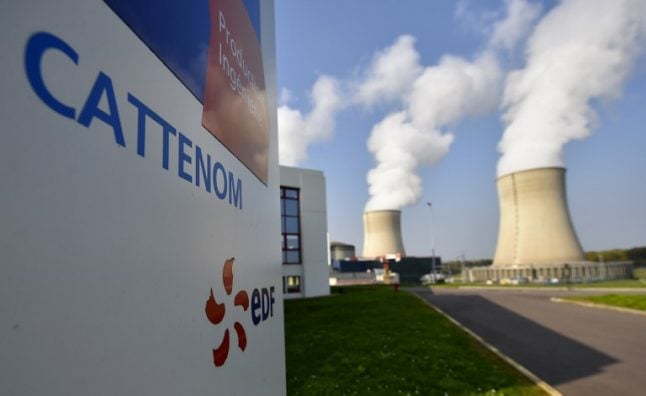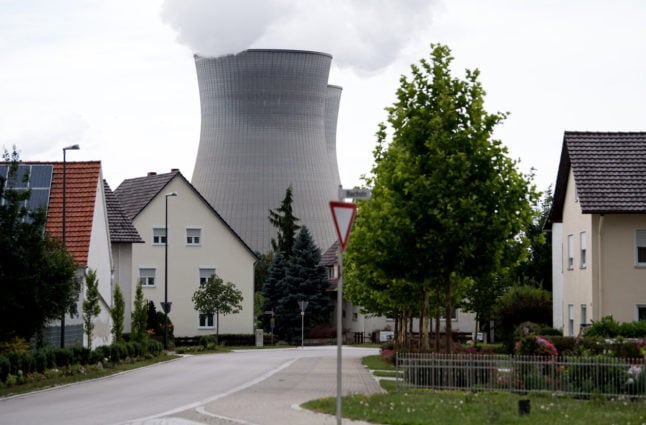Environment Minister Nicolas Hulot admitted it “will be difficult to keep to the 2025 calendar without relaunching energy from fossil fuels”.
In 2015, the previous Socialist-dominated parliament passed a law obliging the government to reduce the proportion of electricity generated from nuclear to 50 percent by 2025 compared with around 75 percent now.
But “if we want to keep that date of 2025… it will be detrimental to our climate objectives” and hamper the programme of closures of coal-fired power stations.
Greenpeace swiftly urged Hulot to rethink, saying “it's not by backing nuclear that the fight against climate change will be speeded up”.
President Emanuel Macron has said he wants France to take the lead as a major world economy switching away from fossil fuels — and the nuclear industry — into renewable sources.
In its climate plan announced in July his centrist government foresees the end of carbon-fuelled electricity production by 2022.
Hulot said it would take some time to come up with a new “realistic date” from bringing nuclear down to 50 percent as planned, saying later that he was working within the 2030-2035 range.
The Climate Action group said it regretted the “retreat” while the anti-nuclear group Reseau Sortir said any such back-pedalling would be “unacceptable”.



 Please whitelist us to continue reading.
Please whitelist us to continue reading.